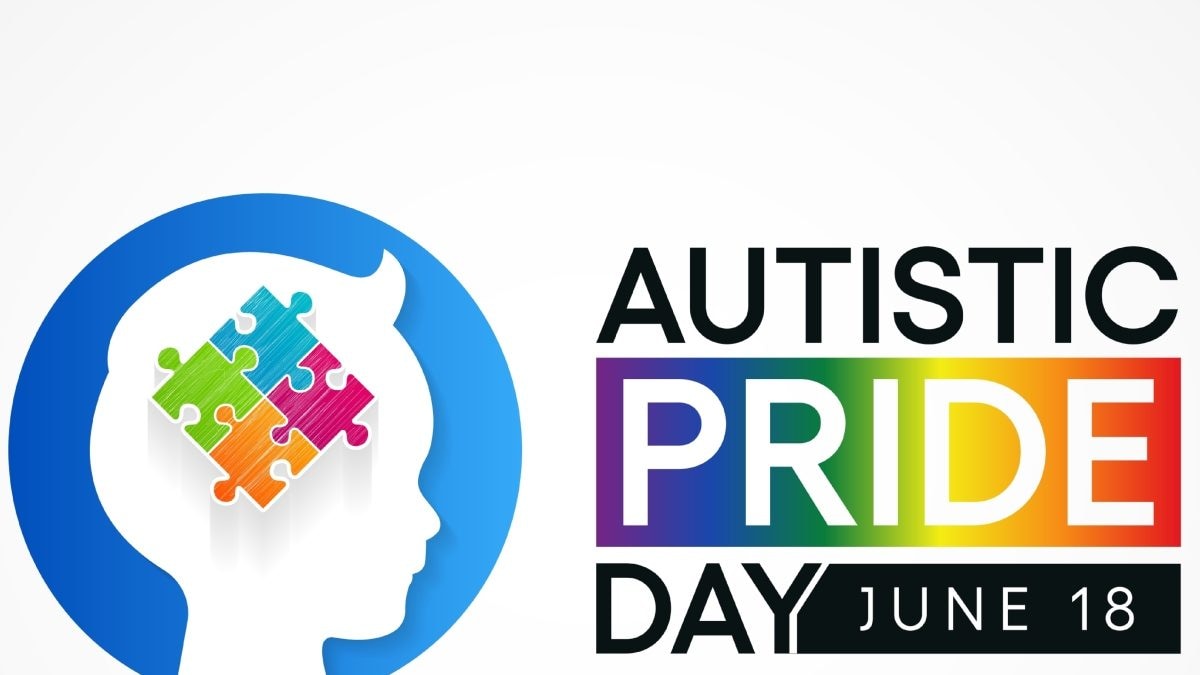Truly support
independent journalism
Our mission is to provide unbiased, fact-based reporting that holds the powerful to account and exposes the truth.
Whether it's $5 or $50, every contribution counts.
Support us in offering journalism without agenda.
The number of under-18s on the waiting list for their first gender-based care appointment in England and Wales has risen to more than 5,700.
A freedom of information request by the PA news agency found the average waiting time for a first appointment was 100 weeks, as of May 31.
So what can parents and caregivers do during the anxious wait to support their children?
Listen to your child
“Listen to your child and take it easy,” says Cleo Madeleine, communications coordinator and spokesperson for trans organisation Gendered Intelligence. “Most young people will be quite confused and just want a safe environment to talk about issues like gender and sexuality.
“If parents can support their children by giving them a space to have those conversations, it starts some really healthy, open communication.”
Madeleine advises any parents who are unsure of how to have these conversations to seek information and support from organisations such as Gendered Intelligence and Mermaids.

Avoid conflicts and judgments
Confrontation can close doors to future productive conversations, so stay calm and show support.
“Remember that it doesn’t have to be a fight,” says Madeleine. “Angry, dismissive, or confrontational reactions can send your child the message that they were wrong to open up and that it’s not safe to have that conversation.
“Try not to judge anyone and try, at least at first, not to tell your child what you think and give him some time to talk about how he feels.”
Ask them what they want
Every person is different, so find out exactly what your child wants and needs.
“There is no one way to explore your gender or one way to be trans, so the type of support your child needs will be different for each person,” Madeleine explains. “It all comes down to sitting down with your child and asking them: ‘What do you want and where do you see this going?’
“Some young people who are exploring their gender identity may want to try a different name or pronouns or change the way they dress and present themselves to the world.
“It has to be a conversation about what is best for them and what will make them happiest.”

Follow anti-bullying protection proceduresTell the school if your child is being bullied.
“There are some situations where children fight and say hurtful things, and in those cases a conversation is what is needed,” says Madeleine. “But if there is ongoing bullying and violent harassment, it is probably best to go through a formal safeguarding process.”
“Speak to your school as they should have a designated safeguarding officer to help manage this.”
Get professional support
If your child shows symptoms of depression or anxiety, seek professional help.
“If you are concerned about your child’s mental health, your GP may be able to recommend an NHS counselling service,” says Madeleine. “If your school is also concerned, they can refer your child to mental health services for young people.”
However, the waiting list for these services can be extremely long, so Madeleine also recommends seeing if there are local support groups in your area or online.

Find them a communityHaving like-minded people to talk to can be very helpful for a child who may be feeling isolated.
“One of the main factors contributing to poor mental health in young trans people is isolation,” Madeleine explains. “If you are being bullied at school or seeing people like you being talked about in a negative way on the news, it can feel very alone.
“Gendered Intelligence runs youth groups in London, Leeds and online for a range of different age groups that aim to give young trans people a space to share their experiences with people like them and support each other and build communities.
“If there is a local Pride organization that you can introduce your teen to, that can also be really helpful. Having a sense of community or people to connect with can be really beneficial.”












